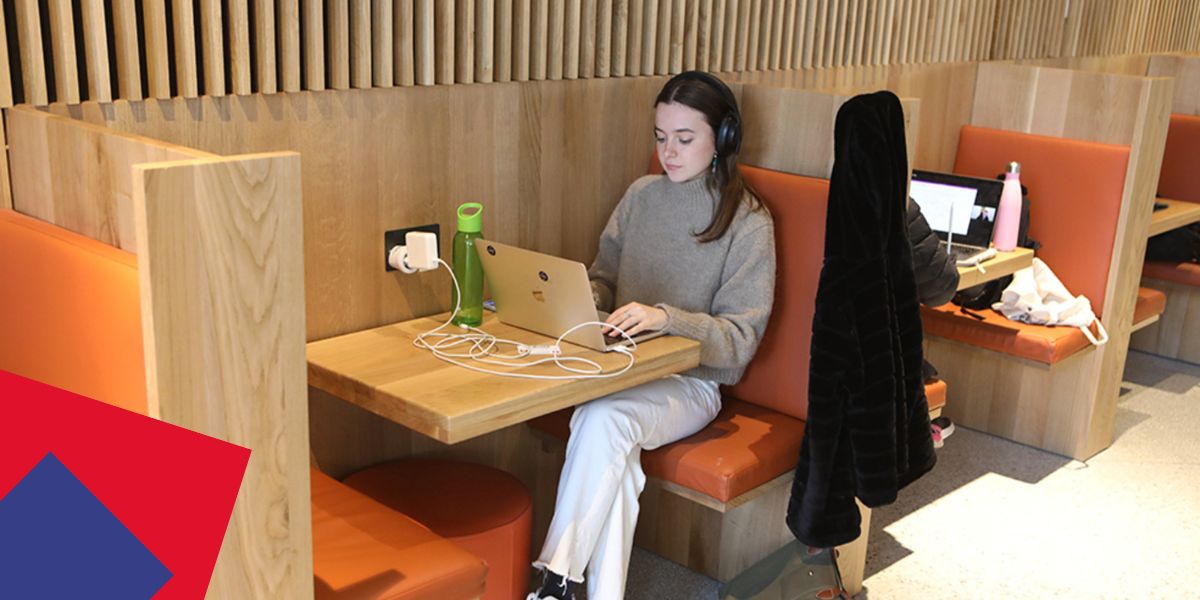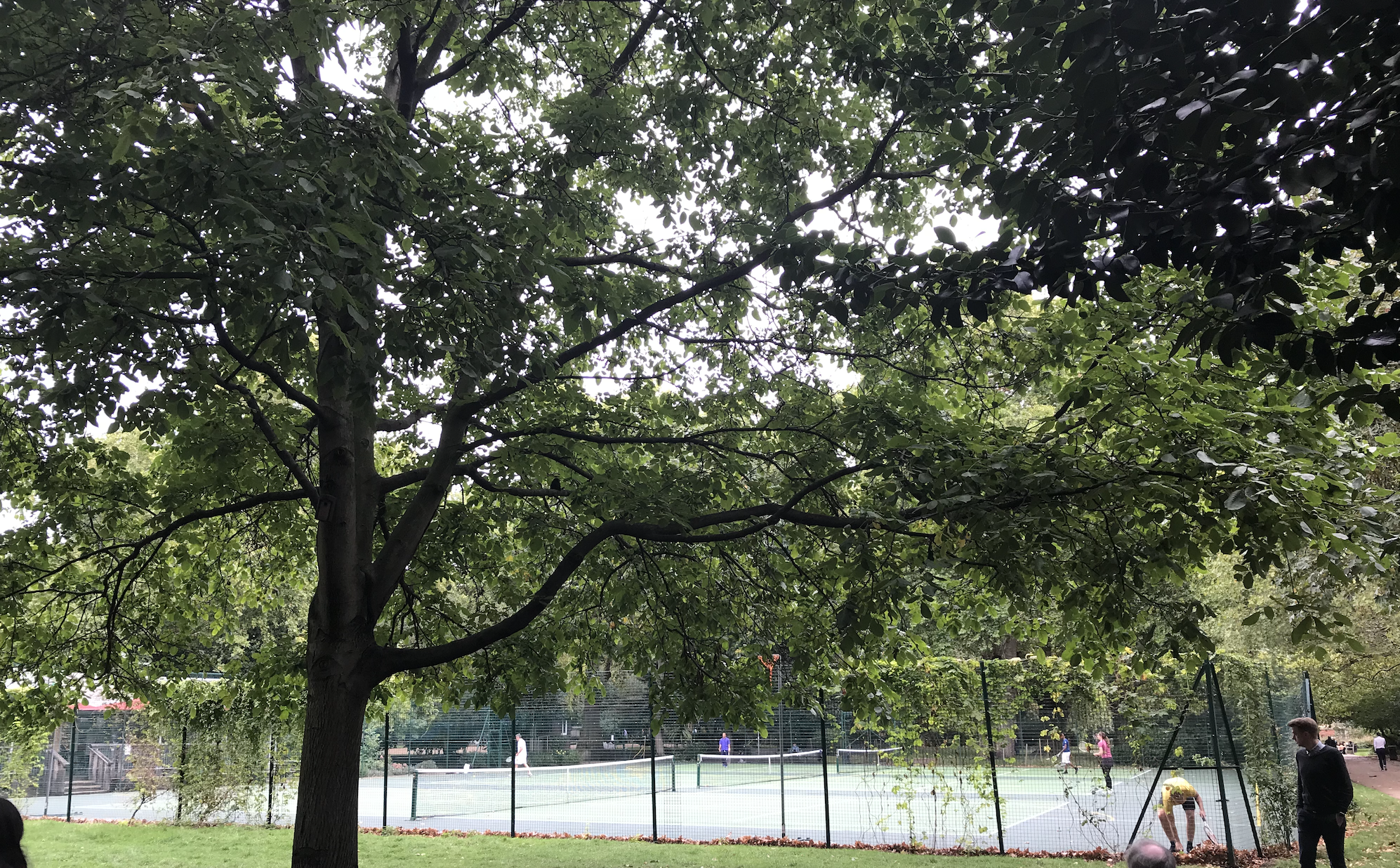One of the highlights of my master’s journey has been making use of the research facilities at LSE. From academic style writing to referencing, LSE has got you covered to ensure that your work matches the high-quality standard of research that the rest of the school produces.
When I began my programme, I was aware of dissertation timelines – my department, Psychological and Behavioural Science, was open and transparent about upcoming deadlines and encouraged students to explore the research support available so they could be well-informed about where to seek support when they embarked on their dissertation journey.
In my first term, I was keen to develop my skills in academic writing and prepare for my dissertation write-up. I was also excited to have a go at using these skills for my summative essays and get feedback on my writing which I could later incorporate into my thesis. For this, I booked a one-on-one session via StudentHub with an academic advisor from LSE LIFE who guided me towards the different facilities that the centre provides. While advisors cannot proofread your work, they can help you improve your work by making the best use of the support available at LSE. For example, I mentioned during this session that I would like to improve my skills in critical analysis, and my advisor guided me to the LSE LIFE Moodle page, which consists of slides and papers on how to best structure arguments for essays. I found these resources to be super helpful while writing my essays as they allowed me to be mindful of my writing and ensured I struck a good balance between describing different pieces of literature while also applying a critical lens to evaluate the strength of various arguments and perspectives.
As I greatly enjoyed this first session, I was eager to attend workshops to further improve my writing skills, this time in academic referencing. I attended a workshop organised by the Library and LSE LIFE which talked students through different ways of citing research in their writing while adhering to academic standards. Referencing is an important part of psychological essays, and I felt more confident in referencing after having attended this session.
During my group meetings with my dissertation supervisor, I was also directed to the website of the LSE library. This page has various guides to conducting a strong literature review and also has resources for more advanced techniques such as conducting systematic reviews, which I am currently looking into. I am finding the Library website to be a great way to look for research. LSE has institutional access to many renowned electronic journals and books, which is super helpful in finding strong and peer-reviewed research sources.
As for the analysis of my data itself, I studied the Quantitative and Qualitative Analysis course during the Michaelmas Term, which introduced me to the fundamentals of both types of data analysis approaches. With the knowledge it gave me about various research methodologies, I was able to decide on the strategy I would use for my dissertation with great clarity thanks to this course. Students in my programme also attended specialised workshops that delved deeper into either qualitative or quantitative research methods. For example, I attended a workshop on how to manage data collection using Qualtrics and RStudio, and it was super helpful in helping me plan my research design and accordingly write my ethics application.
To further develop my skills as a researcher, I enrolled in the Digital Skills Lab‘s R Basics course, which comprises weekly two-hour sessions designed to educate students on how to use statistical analysis software and provide them with the skills they need to conduct their study. The Digital Skills Lab also offers a wide range of additional resources for research students, including how to design questionnaires, collect data, recruit participants, and analyse datasets.
Overall, I am very pleased with the breadth of resources and support provided to students at LSE, whether it is for advanced dissertation processes, or simply in improving research-based skills. I look forward to using these facilities over the summer to confidently embark on my dissertation data collection and analysis!





